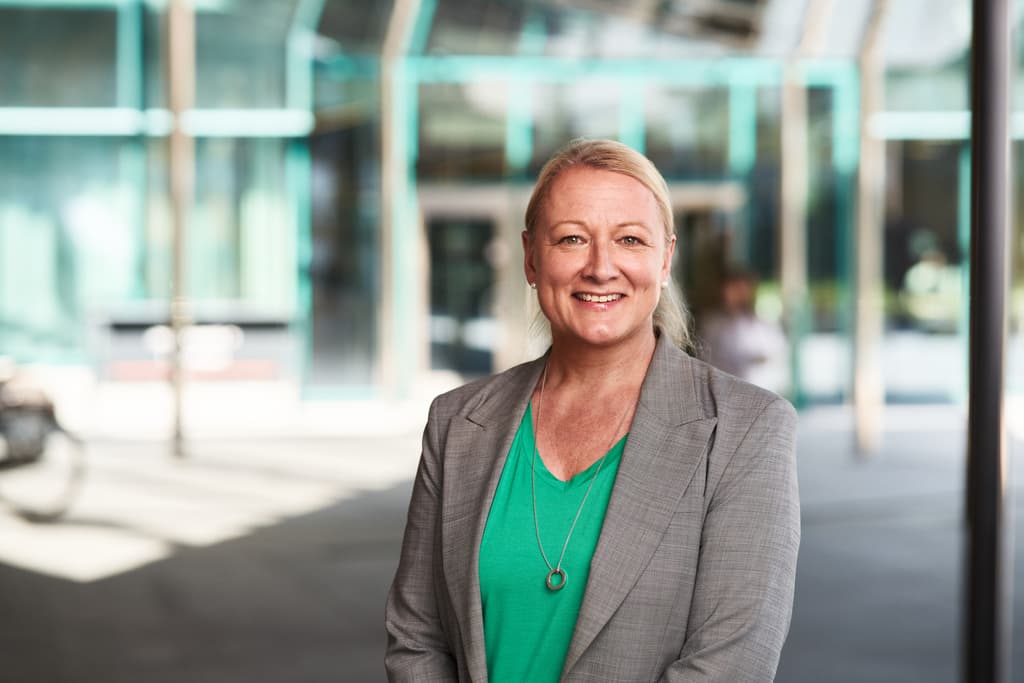Images with a focus on, for example, hip bones, a clear spine, and ribs, called "pro-ana", and referring to an eating disorder-like appearance. They are flooding social media and are "downright harmful" since eating disorders are a common cause of death among young people today, says Lisa Thorell, professor of psychology at the Karolinska Institute.
These influencers publish images where they have extremely little clothing on and in strange poses that reinforce certain extreme slimness ideals. When young people look at the images that influencers post, this can contribute to more people developing an eating disorder behavior.
Low self-esteem
In Thorell's research, the strongest effect of "pro-ana" material has been shown to be appearance fixation, which in turn is linked to low self-esteem.
Many say they have found new flaws in their body through social media. I don't think we should stop reacting to these really eating disorder-like images. Objectively, these people are not doing well.
Just over a year ago, Camilla Gervide raised her voice against Swedish influencers filling their feeds with pro-ana images and videos. She takes two creators as examples, both of whom have made advertisements for the same dress with an open back. One image depicts a sitting woman in a fine dress, with a focus on the garment. The other advertisement has a different focus.
She slouches as much as she can to make her spine stick out as much as possible. It's just a skeleton on her back. It's not about slim bodies not being allowed to exist, the problem is what you choose to focus on in your image, says Gervide.
Take greater responsibility
Lisa Thorell believes that influencers should not post almost naked images that focus on reinforcing slimness ideals, but hopes that they seek help for their problems.
Therefore, according to Thorell, platforms such as Tiktok and Meta should take greater responsibility and introduce rules that make it impossible to post images with a focus on slimness.
When I interview young people about this, they are fully aware that they themselves don't feel well due to the content they see. But it's an addiction and that's why they choose to look at it.
Lukasz Lindell, communications officer at Tiktok, tells TT that they work daily on these issues.
Our goal is not for anyone to feel bad from being on our platform, he says.
TT has also sought Meta without success.






